Blog
Unlocking Excellence: Quality at the Core
-
Pharmacovigilance: Ensuring Drug Safety Throughout the Product Lifecycle
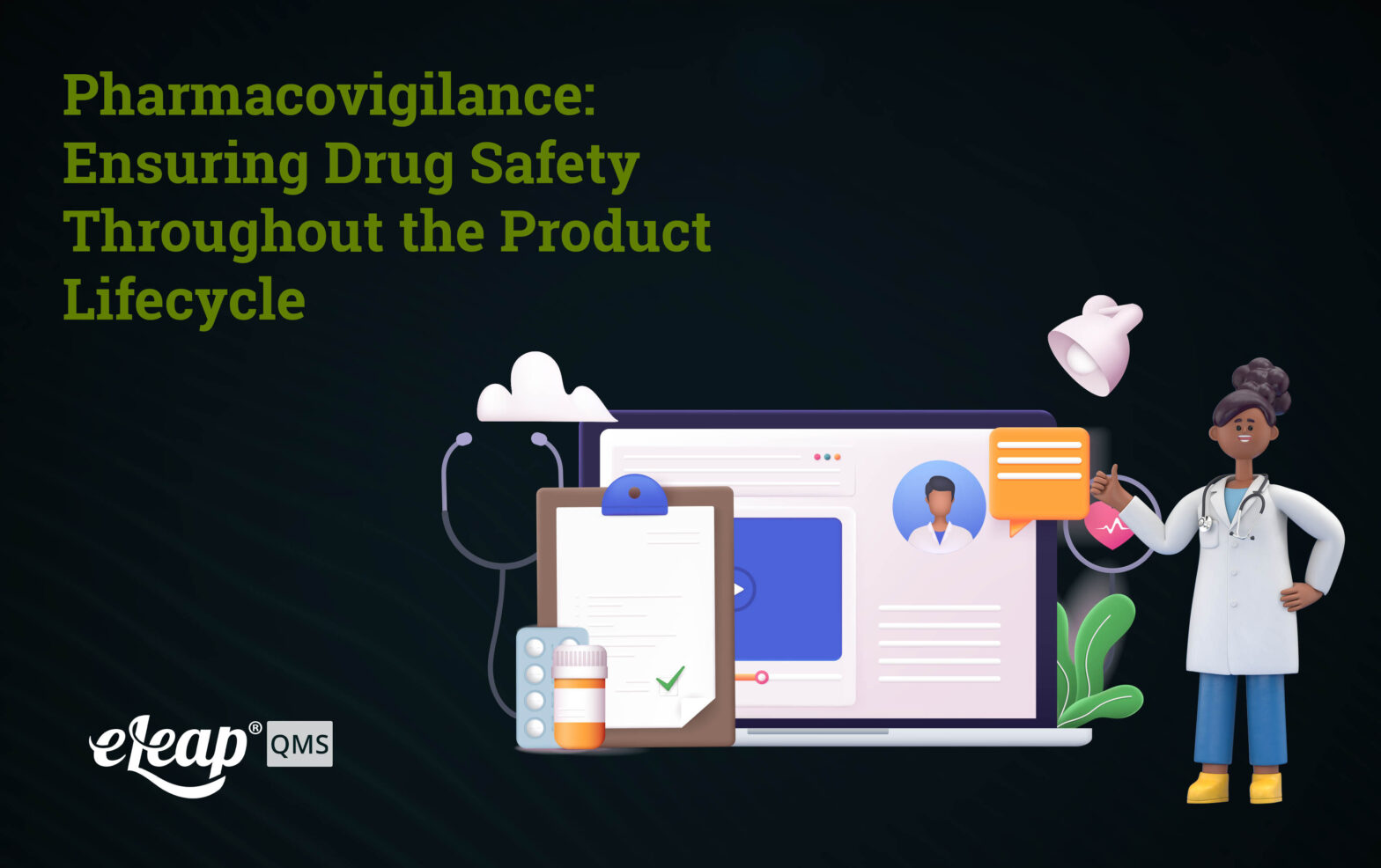
Introduction Pharmacovigilance represents one of the most critical disciplines in pharmaceutical development and post-market surveillance, serving as the cornerstone of patient safety and public health protection. As defined by the International Council for Harmonisation (ICH) E2E guideline, pharmacovigilance encompasses “the science and activities relating to the detection, assessment, understanding and prevention of adverse effects or […]
-
Quality Management System Regulation
Quality Management System LMS Integration: A Complete Guide to Streamlined Training, Compliance, and Audit Readiness
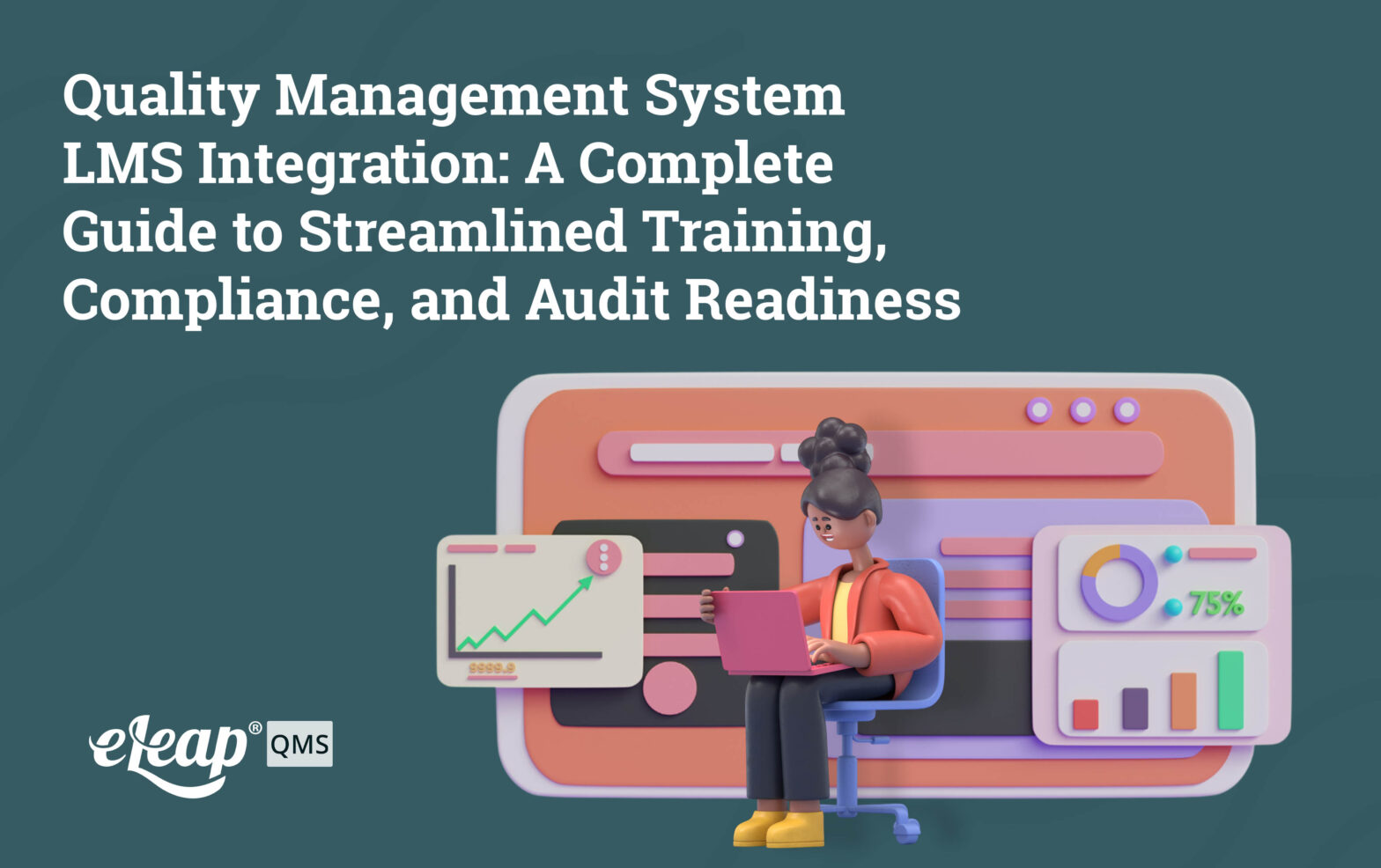
Organizations in regulated industries face a persistent challenge: managing quality and training as separate functions creates compliance gaps, audit risks, and operational inefficiencies. When quality management systems operate independently from learning platforms, the disconnect undermines the very competency requirements that regulators demand. Quality Management System LMS integration solves this problem by unifying training directly into […]
-
Pharmaceutical Software Solutions
Pharmaceutical Software Solutions for Quality Management: A Complete Guide to Compliance, Efficiency, and Digital Transformation
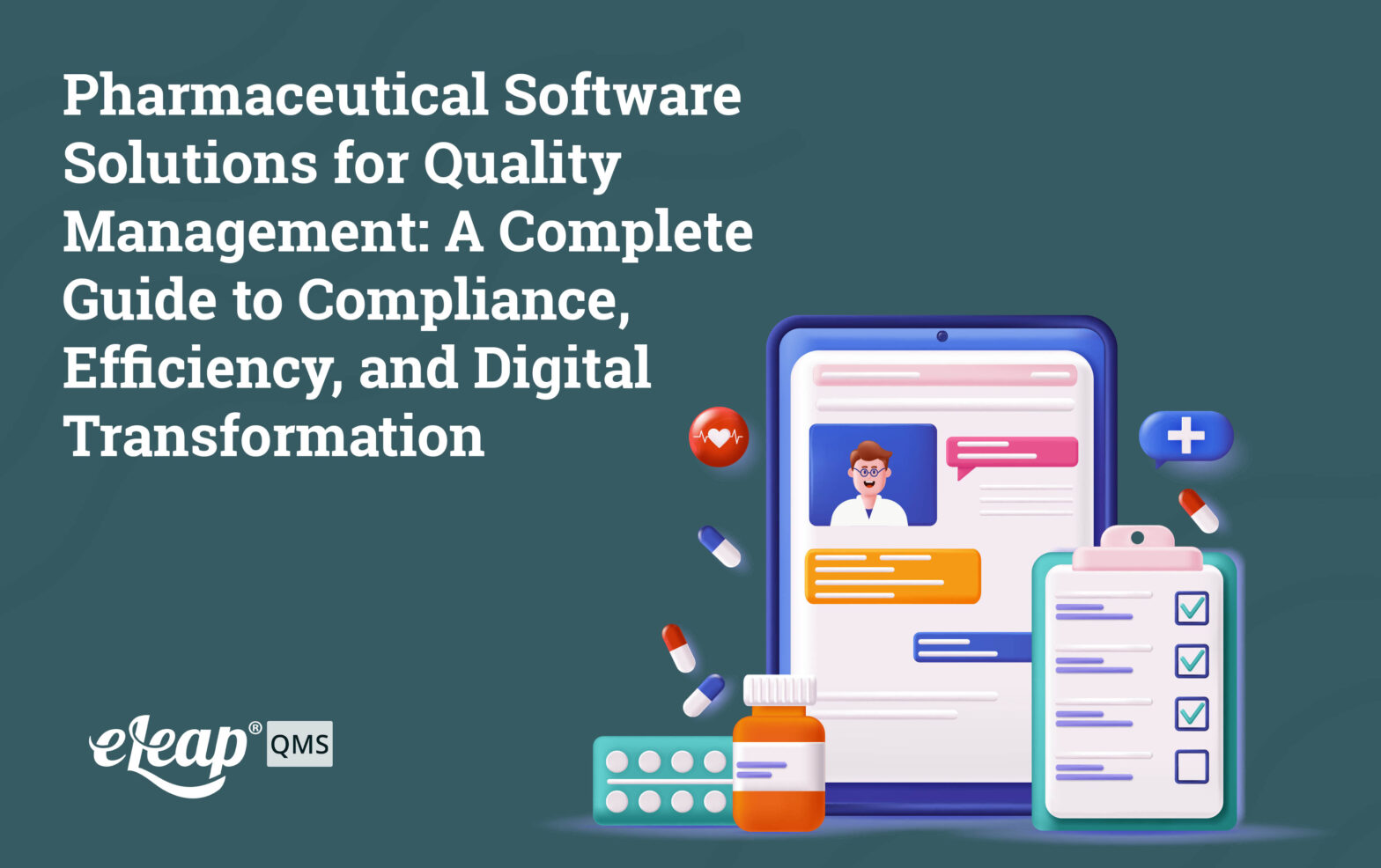
The pharmaceutical industry operates under unprecedented regulatory scrutiny. Every process from research and development to manufacturing, distribution, and post-market surveillance must adhere to strict quality and compliance standards set by agencies like the FDA, EMA, and other global authorities. As regulatory expectations intensify and operations expand across multiple regions, pharmaceutical organizations face mounting pressure to […]
-
ISO 13485 Audit: A Complete Guide to Medical Device QMS Compliance
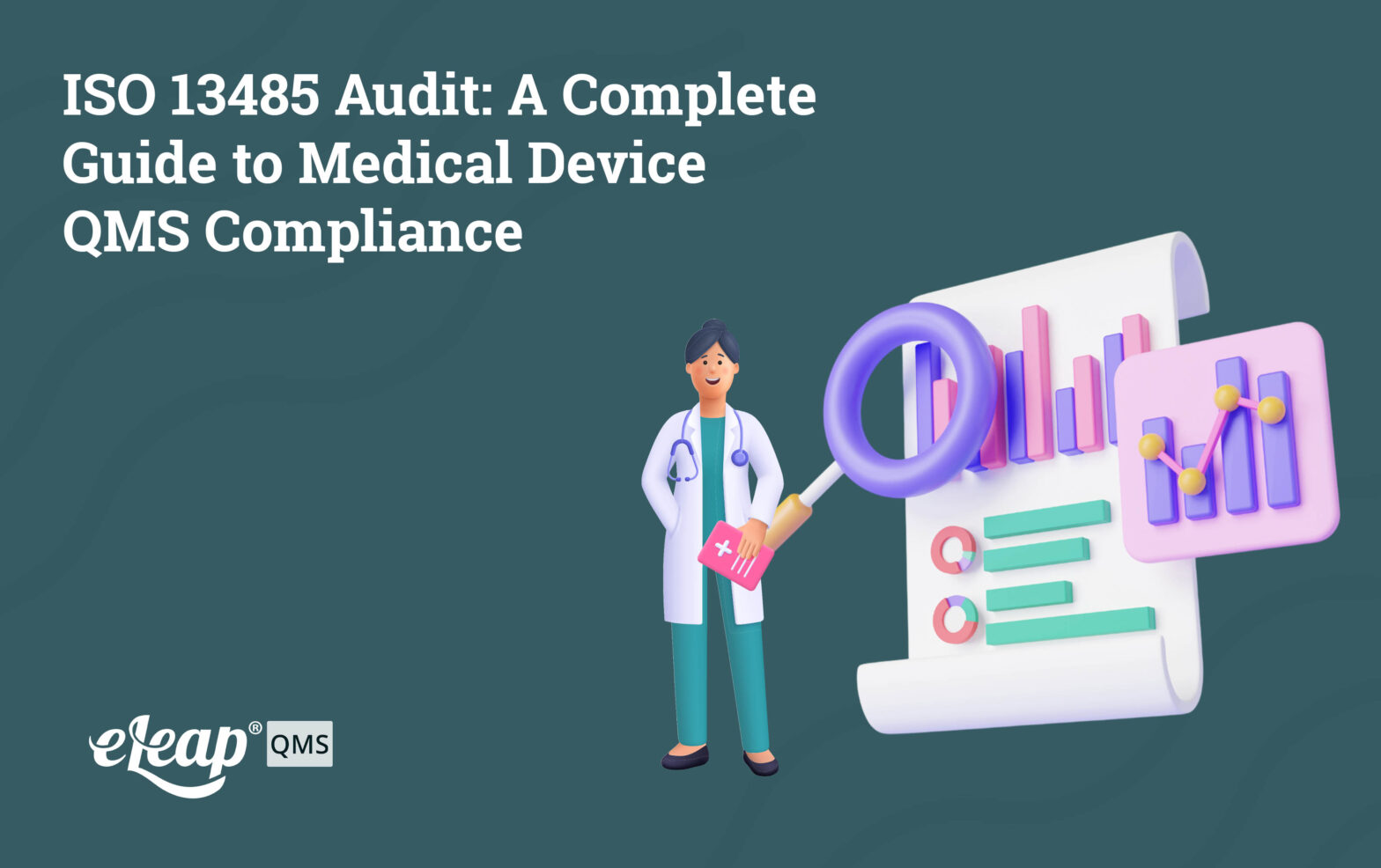
An ISO 13485 audit represents a structured, systematic evaluation of how effectively medical device manufacturers implement, maintain, and continuously improve their Quality Management Systems to meet regulatory and customer requirements. This independent verification process directly impacts regulatory confidence, market access, and long-term business sustainability across the medical device, in vitro diagnostics, and life sciences sectors. […]
-
Types of Quality Audit in QMS: A Complete Guide for ISO Compliance and Continuous Improvement (2026)
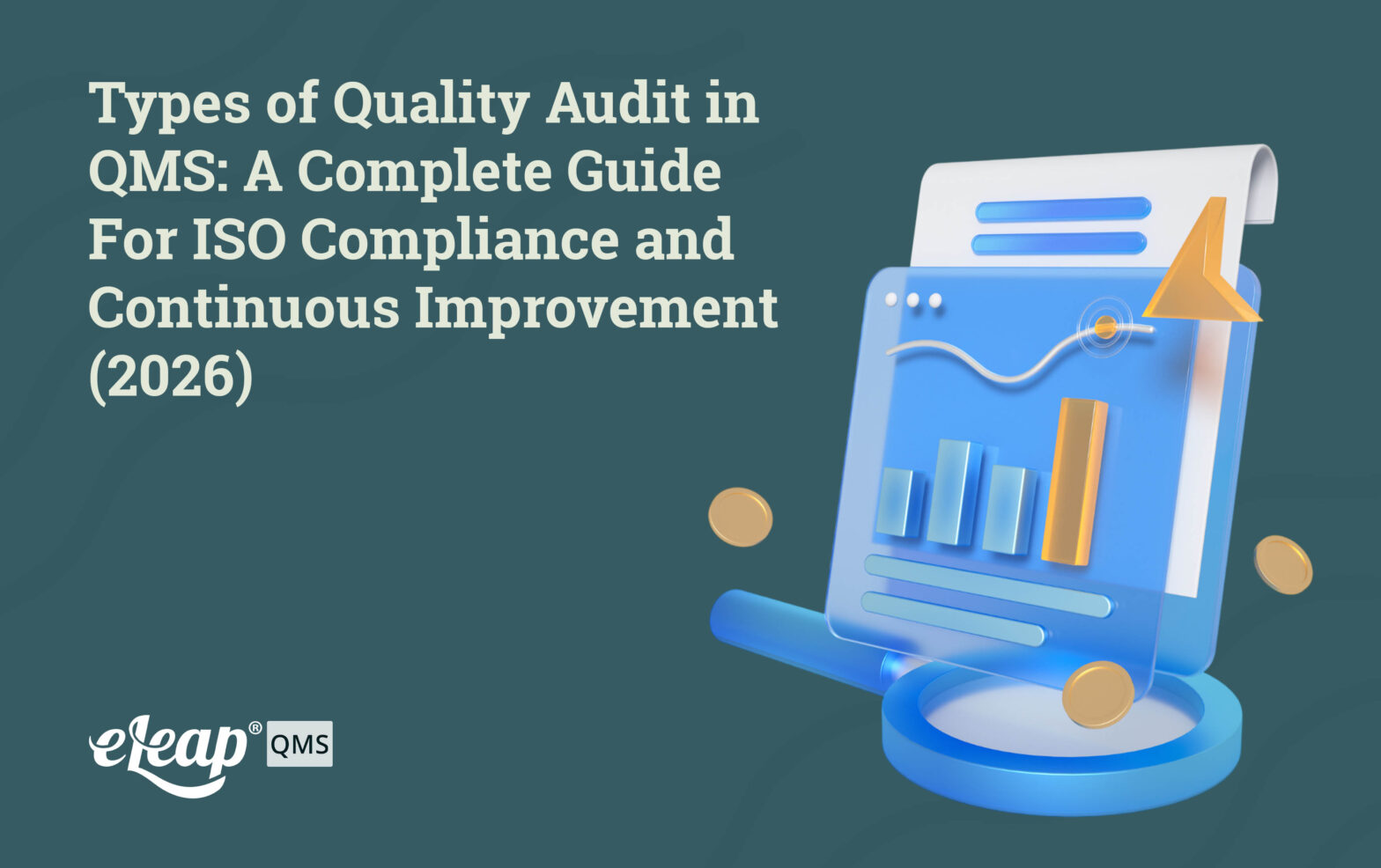
Quality audits have evolved from routine compliance checks into strategic tools that drive measurable performance improvement across organizations. As regulatory requirements grow stricter and customer expectations rise, understanding the various types of quality audits has become essential for manufacturing, healthcare, pharmaceutical, IT, and service organizations maintaining effective quality management systems. A well-structured quality audit provides […]
-
CAPA Full Form in Quality: Meaning, Process, Examples, and Role in QMS
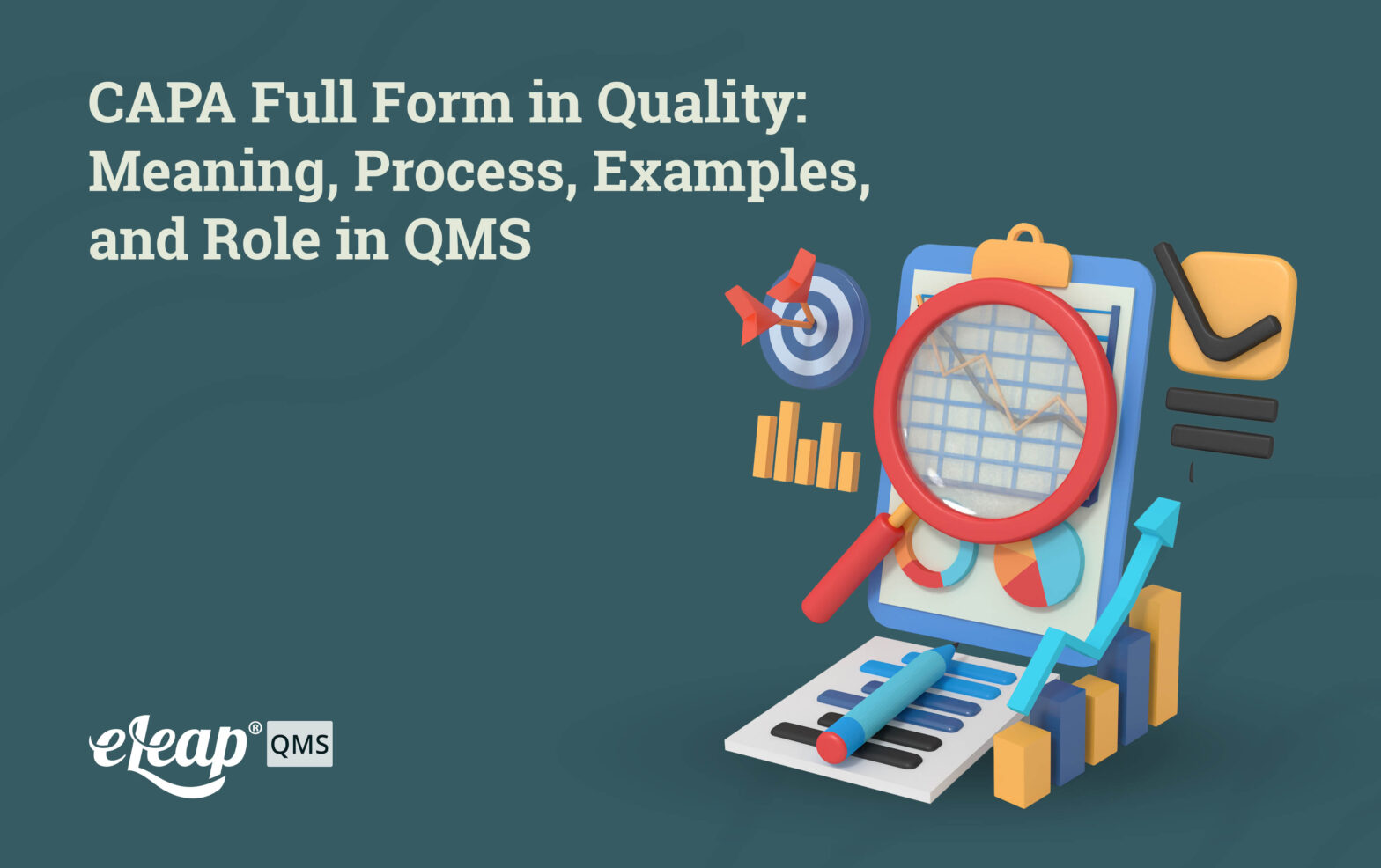
When a pharmaceutical manufacturer discovered that three consecutive batches failed stability testing, the quality team faced a critical decision: apply quick fixes or implement systematic solutions. They chose their CAPA system turning a potential crisis into an opportunity for measurable improvement. The difference? Understanding that recurring issues, audit findings, and customer complaints are signals of […]
-
QC vs QA Difference in Quality Management Systems (QMS): A Complete Guide
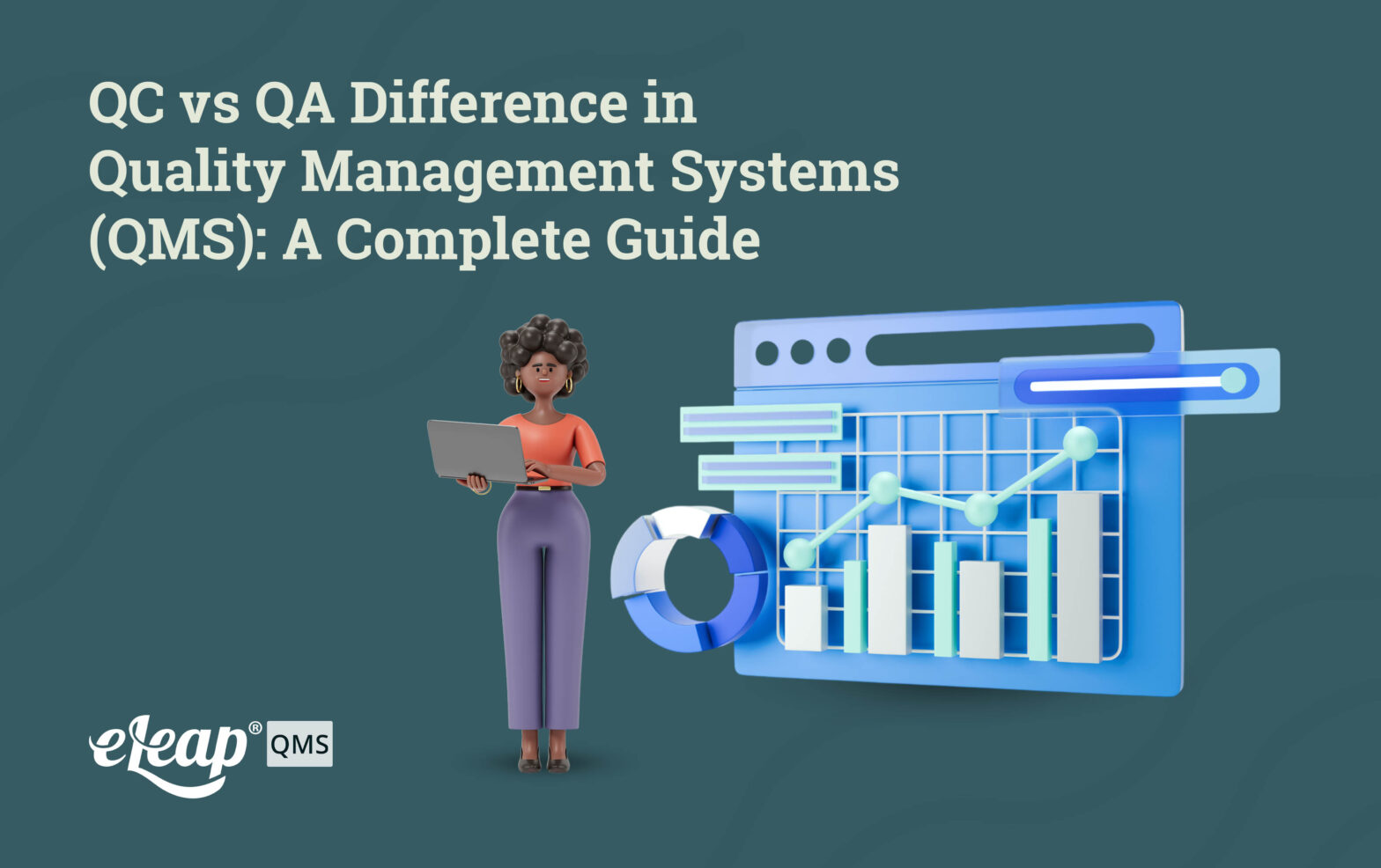
Quality Management Systems are built to ensure consistency, compliance, and continuous improvement across organizational processes. Yet one of the most persistent areas of confusion within QMS frameworks remains the difference between Quality Control (QC) and Quality Assurance (QA). Although these terms are often used interchangeably, they represent fundamentally different quality functions, each playing a distinct […]
-
QMS Training Program: A Complete Guide to Building Competence, Compliance, and Quality Culture
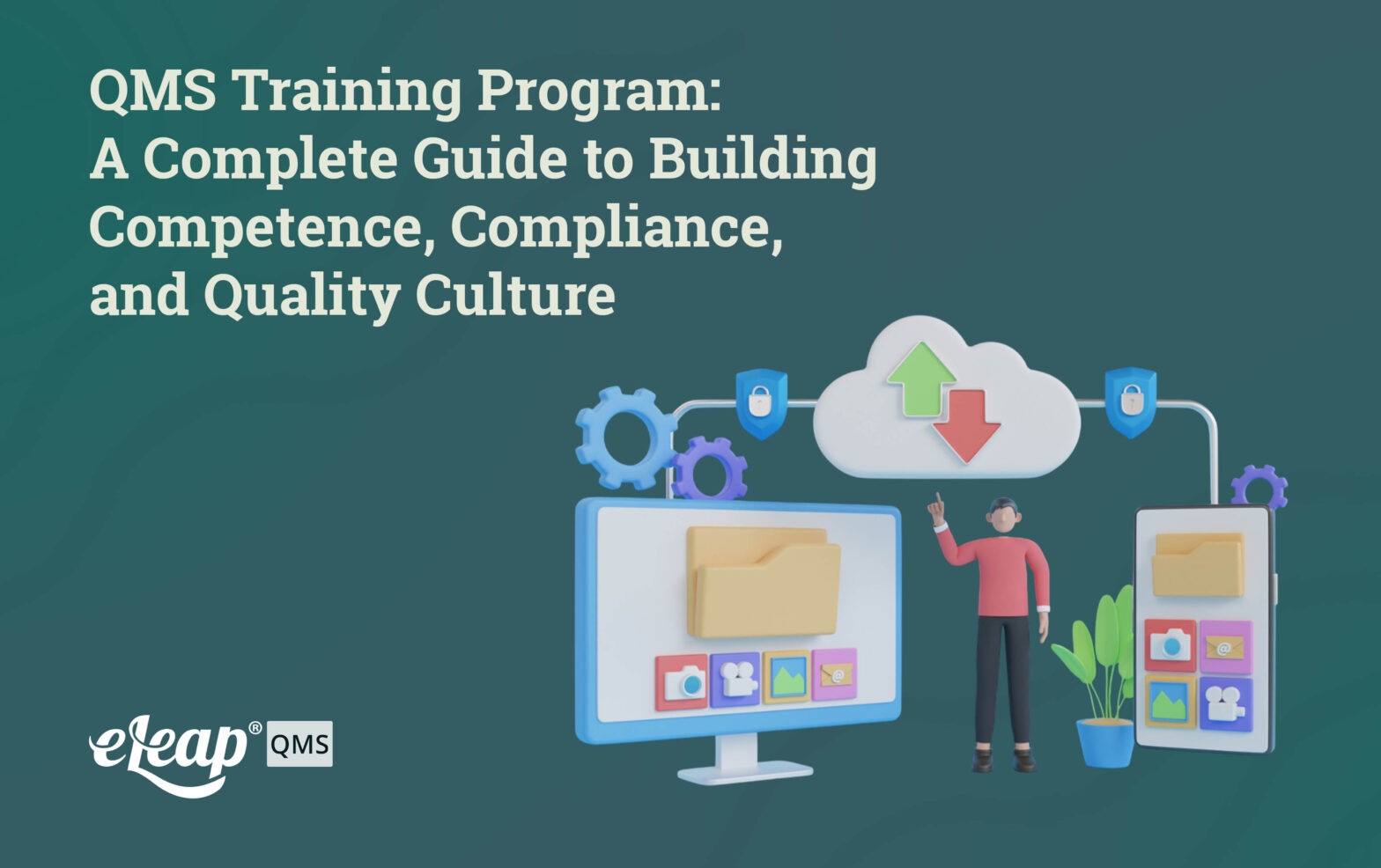
For organizations operating in FDA-regulated industries—pharmaceutical manufacturing, medical device production, healthcare facilities, and aviation maintenance—a QMS training program is not optional. It’s a foundational requirement that directly impacts product quality, patient safety, and regulatory compliance. Yet many organizations still treat their QMS training programs as a compliance checkbox rather than a strategic investment in organizational […]
-
GMP Meaning: A Complete Guide to Good Manufacturing Practice in Quality Management Systems
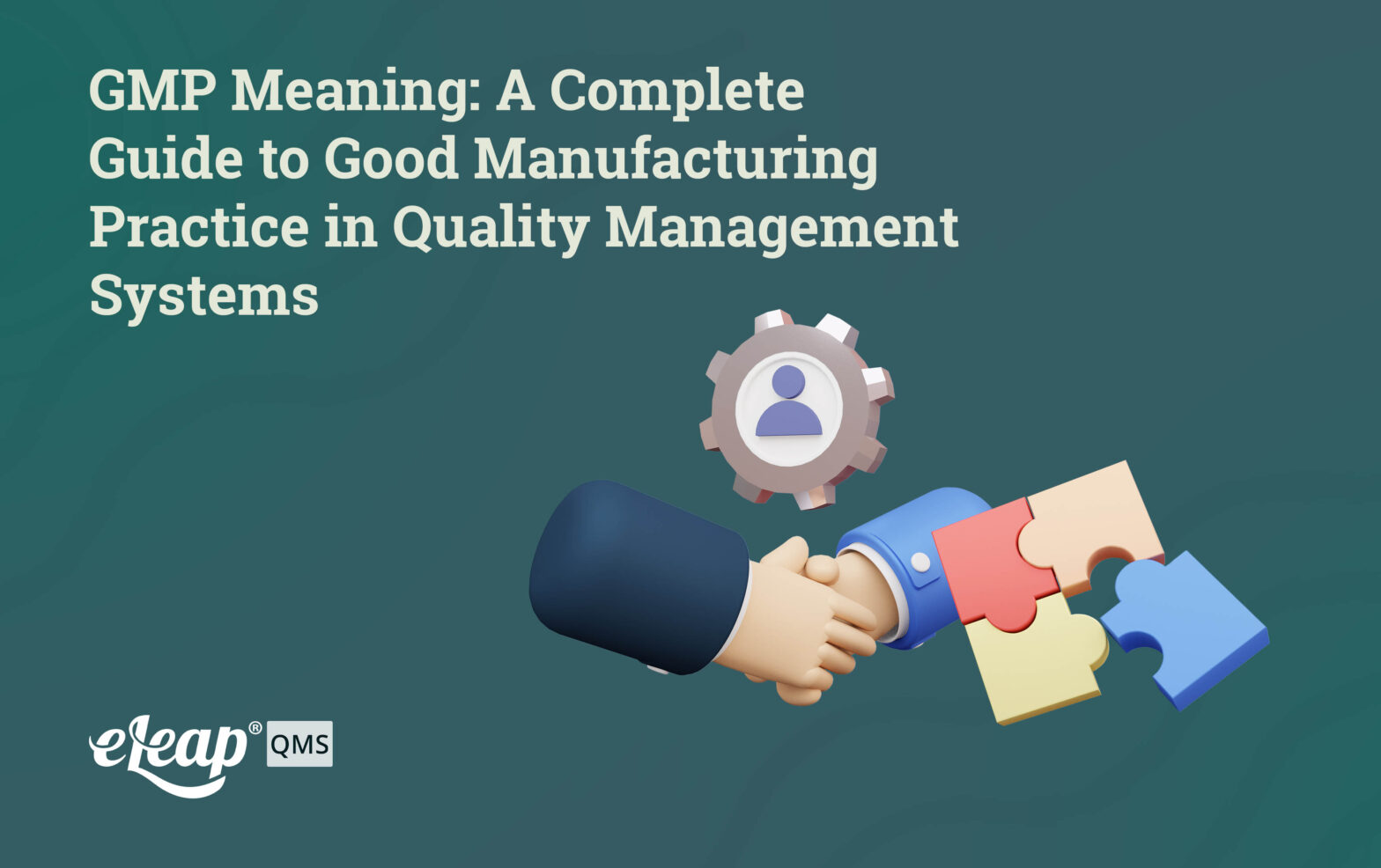
Quality management systems depend fundamentally on understanding what GMP means and how Good Manufacturing Practice principles drive manufacturing excellence. GMP, or Good Manufacturing Practice, represents the regulatory and operational framework that ensures products meet quality standards consistently. For organizations operating in regulated industries like pharmaceutical manufacturing, medical device production, healthcare operations, and contract manufacturing environments, […]
-
Medical Device Startups: Building a Scalable QMS for Regulatory Success
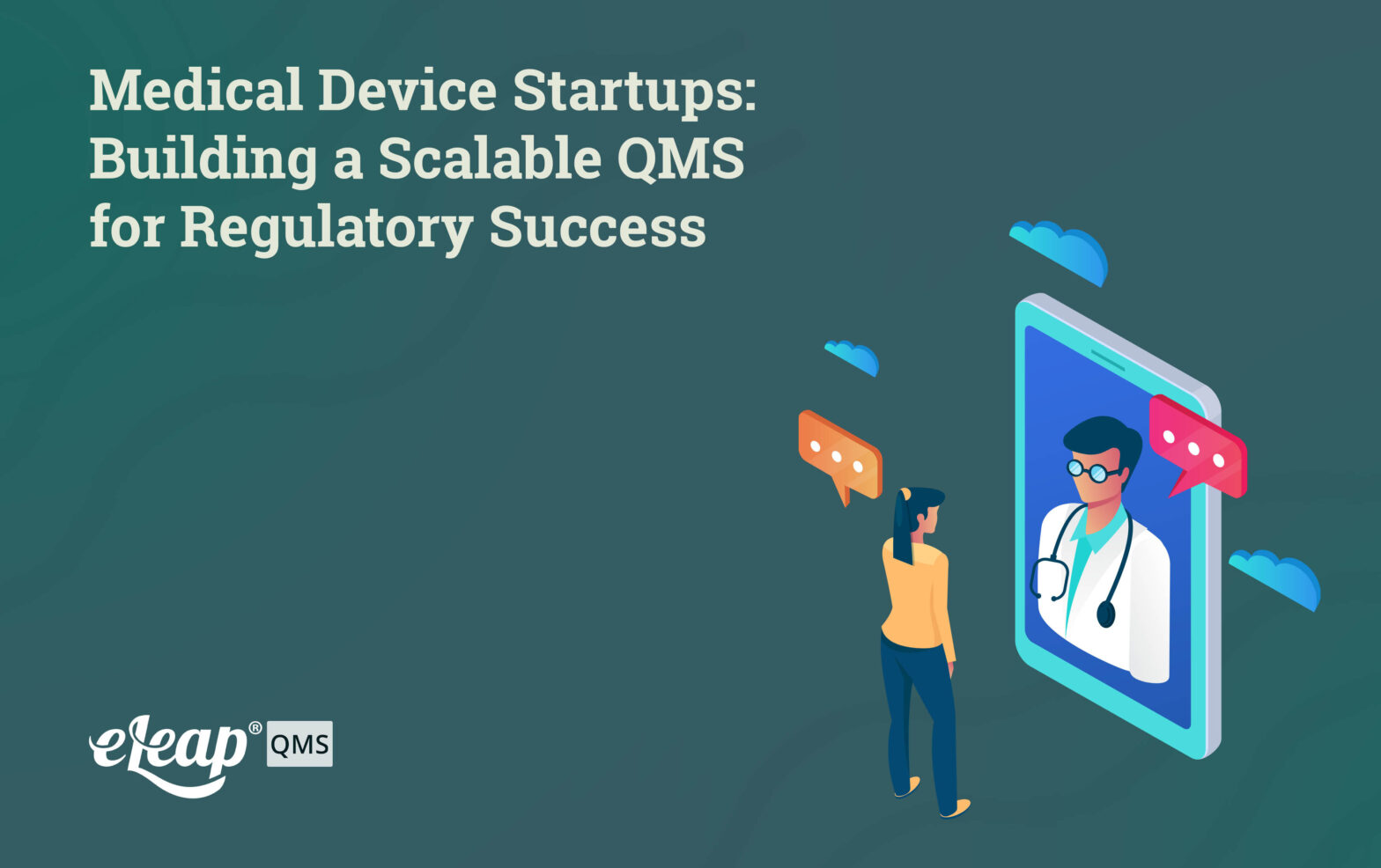
Medical device startups operate under regulatory constraints that distinguish them fundamentally from conventional technology companies. Regulatory compliance, product safety, and process consistency determine success as decisively as innovation speed. The Quality Management System QMS sits at the center of these requirements. For early-stage medical device startups, QMS often appears as a regulatory obligation to address […]
Search articles by...
Find your way around our blog by searching using a keyword or a group of keywords or by choosing a tag.